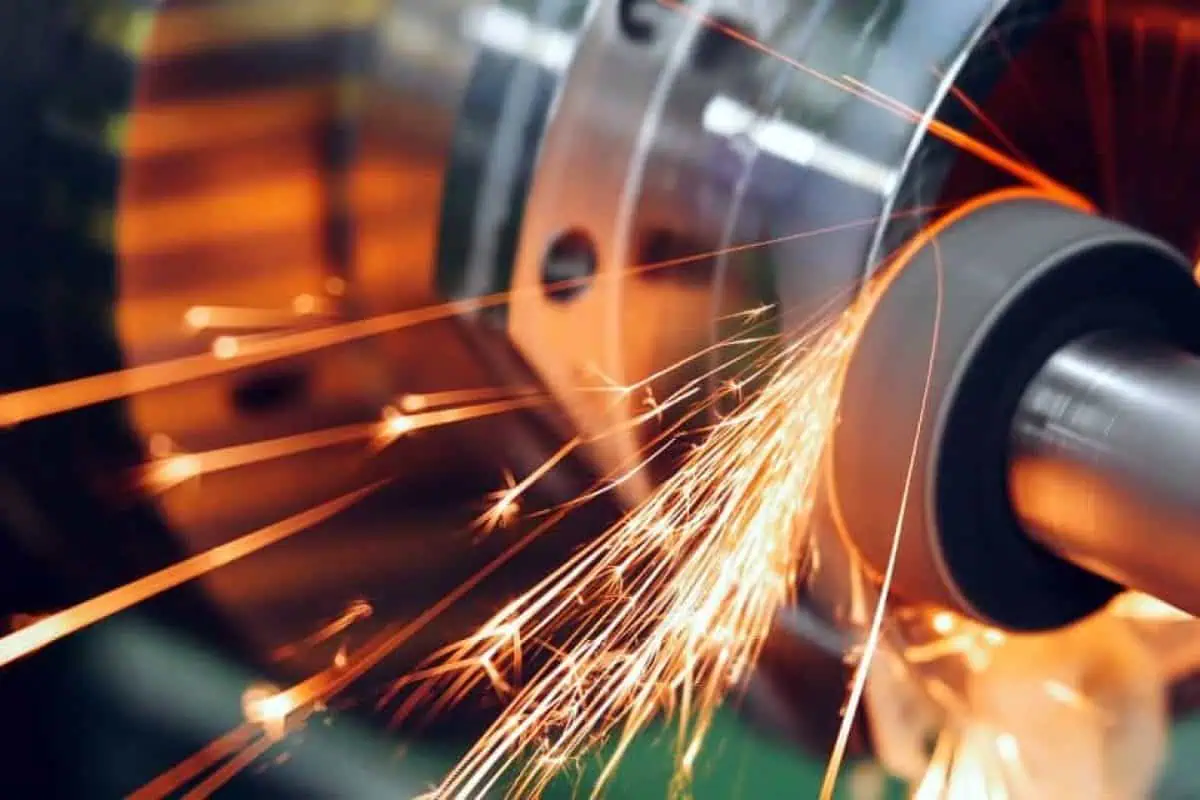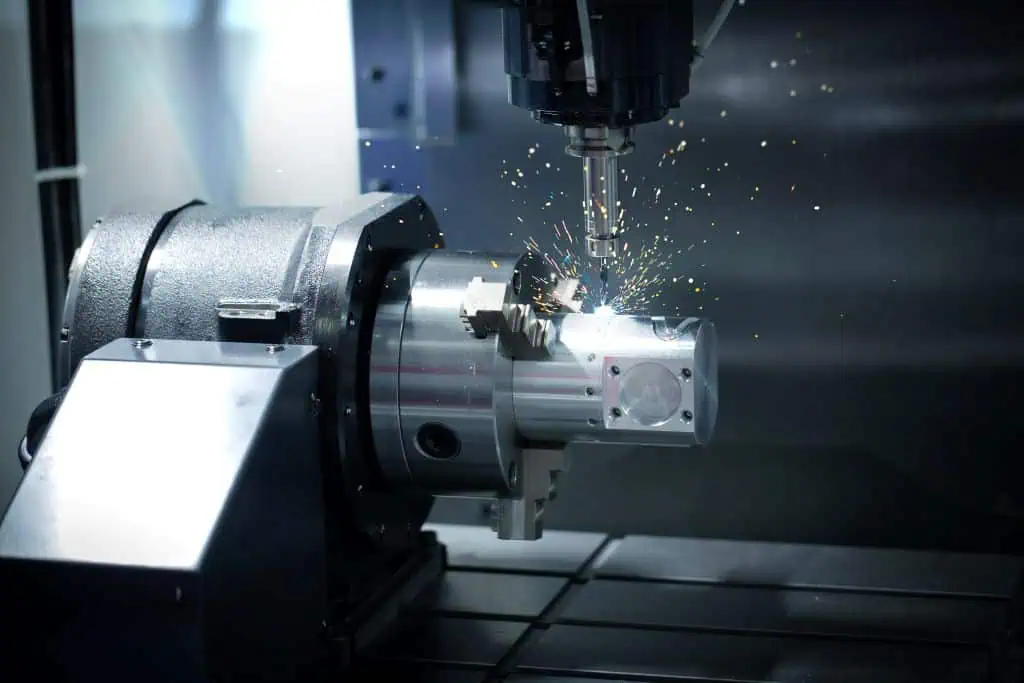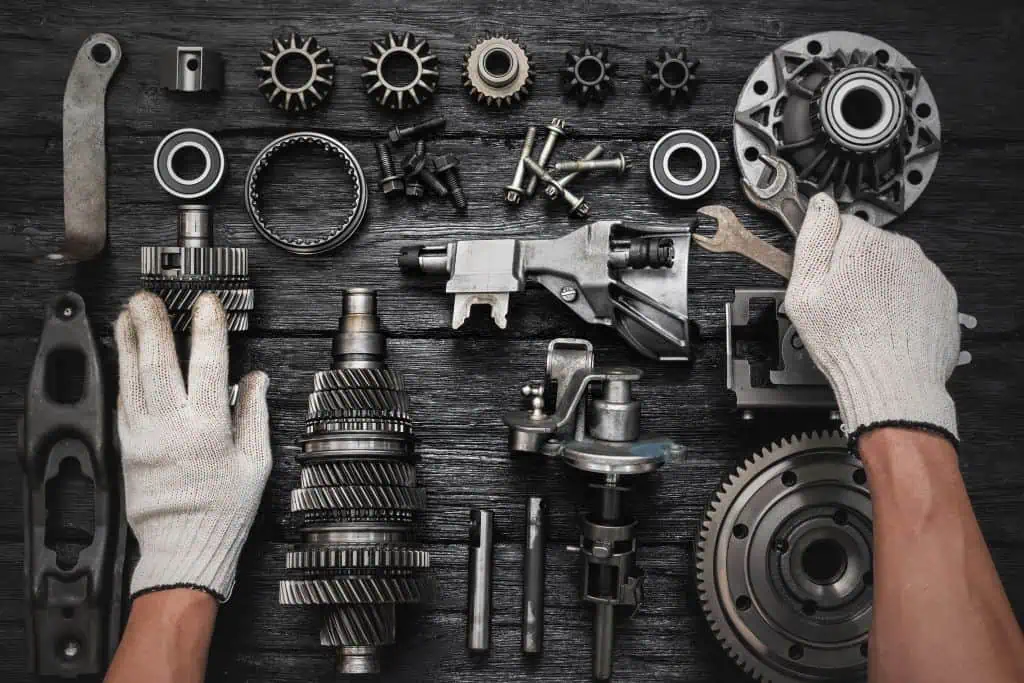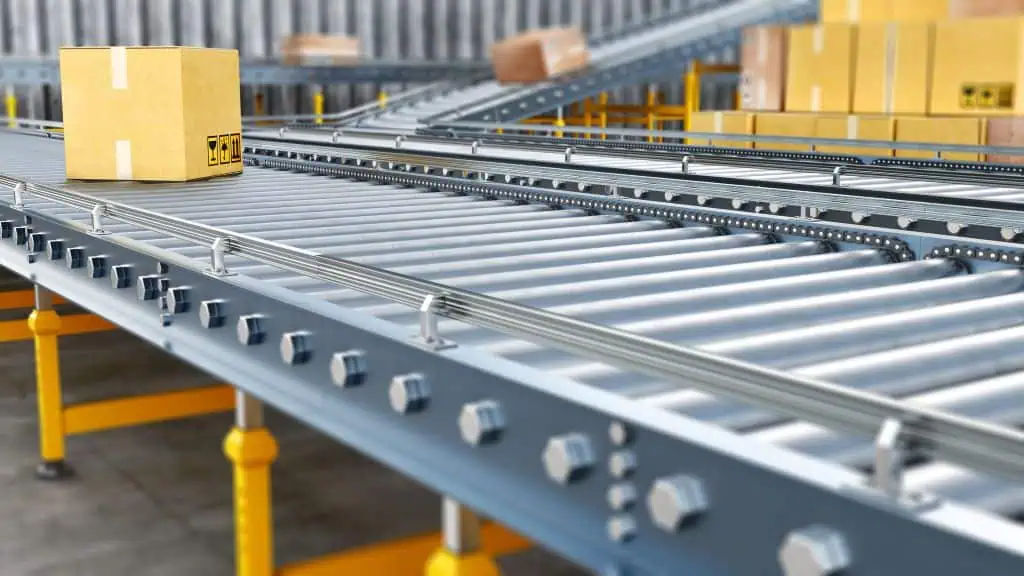In this new move toward reshoring or bringing some of their offshore production back into their home countries due to reasons associated with global supply chain disruptions, geopolitical tensions, and changed consumer demands, companies are realigning strategies across different sectors. This brings a mélange of forces such as economic and logistical challenges emerging from the COVID-19 pandemic and trade conflicts, ambitions toward making the supply chain more resilient, and increasing pressures to match fast-turning market trends. Several publications appear to reinforce this redeployment of supply chain assets.
As the report “Reshoring Unpacked: A Transformational Shift From Global To Local” in Assembly unveils, very big changes are currently happening with respect to global trade. Some 25% of trade is expected to shift in 2026 from global to local suppliers. Driving forces take the form of augmented wages paid in nations like China, investments in added automation taking place within the U.S., and newly enacted trade policies that have brought about further capital flows to the U.S.’s domestic production. Both the U.S. and EU are courting domestic companies with government incentives, insisting it is better that they produce their equipment locally and get some level of transparency and proximity in the bargain. This is not just about cost savings but also an attempt to reduce potential geopolitical vulnerabilities from these critical supplies and stabilize supply chains.
A recent article in Forbes, “Covid Is Fading, but Reshoring Isn’t,” underpins the point that local manufacturing is gaining, with the epidemic halting most of its operations from its early days. The Reshoring Initiative‘s data bears this out, with a dramatic growth in the number of companies actually reshoring due to recalculating the total cost of ownership which must include all risks under off-shore production.
A CNBC article brings up this reshoring trend, viewing it in the light of how the Ukraine war is affecting supply chains, and what seems to be the slowing down of China’s economy. Even an ongoing standoff with such a big country as China—efforts by the U.S. and EU governments to encourage or repatriate their critical components such as computer chips necessary for their tech and automotive industries do really strike one as a tactic of reducing dependability on others. The article also showcases the impact from social media sites such as TikTok that put companies under pressure to chase flexible and responsive manufacturing setups. It was such that it would be possible to change so fast just in case it can keep pace with the consumer trend if it is possible.
Collectively, these articles express a rational overview of reshoring as a strategically viable response to an intertwined mess of complex challenges and complicated responses confronting global supply chains. While not easy to make the reshoring shift, a company orienting towards localized, insourced production equips businesses with higher controls and simultaneously reducing their exposure to international disruptions, will help them stay ahead in a highly dynamic market.
While this wave of reshoring clearly offers vast opportunities to U.S.-based contract manufacturers specializing in machining and metal fabrication, it also presents challenges—increased demand from companies seeking to partner with domestic producers is one that propels growth, provided these manufacturers make investments to enhance competitiveness by ways of modern technologies and skilled labor force. This is in addition to the supply chain integration, close footprint proximity, high standards of quality (e.g. ISO 9001 certifications) and compliance maintenance, and a clearly articulated value proposition. Although the reshoring opportunity is wide open for expansion of businesses and furthering positions of markets, these are closely reliant on careful and proper passage through technological upgrades, workforce development and supply chain collaboration among others.
Armes Precision of Lynchburg, Virginia, is an AS9100 and ISO 9001 certified contract manufacturing company that has been providing build-to-print parts since our founding in 1995. Our skilled team excels in machining and metal fabrication, offering expertise in CNC milling, turning, laser cutting, welding, and the assembly of complex parts. We specialize in crafting both prototype and production-grade components tailored to your exact design specifications.
Contact Armes Precision for a fast, free quote from a leading US welding and machining shop, and to learn more about our state-of-the-art fabrication facility in Lynchburg, VA. Call 434-237-4552 or visit ArmesPrecision.com/contact; let’s get started creating perfection together.
#Reshoring #SupplyChainResiliance #Machining #Fabrication #TechnologicalInvestments #SkilledLabor #ManufacturingQuality
Read more:













